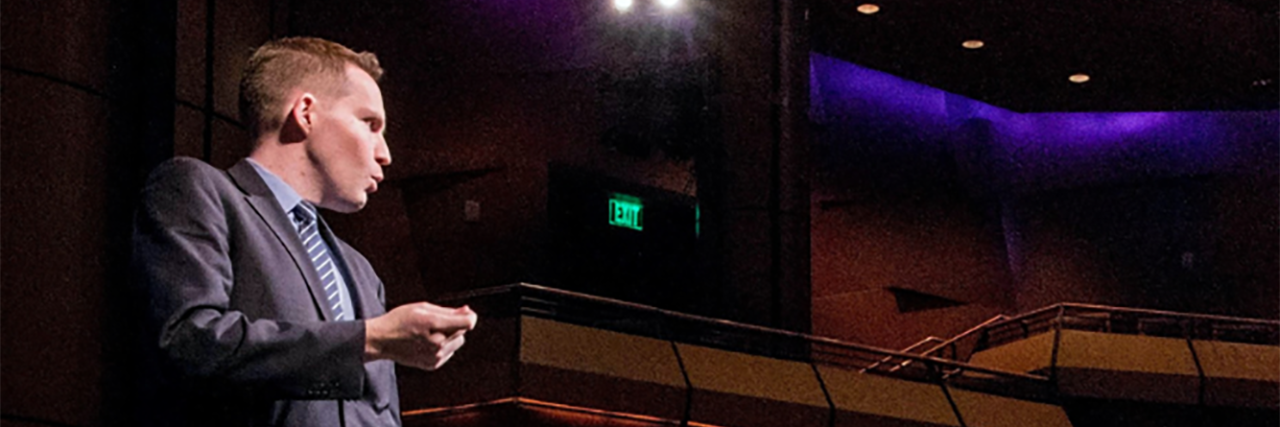Some people still think autistic people can’t be social or outgoing. It frustrates me!
I know what you’re thinking. Autism is a social and communication disorder, so wouldn’t everyone who has autism be introverts?
Let me explain.
As a child, I was a big theater nerd but I was also terribly shy. My parents realized that my love of theater could be used to help me build on my social abilities. It allowed them to help me get involved with roleplaying exercises to help with my sensory and speech challenges. As I started speaking in complete sentences at 7, conversations and friendships were easier to build on, allowing me to realize how extroverted I wanted to become. By high school, I fully embraced being an autistic extrovert. Even today as an adult, I’ve made a career as a public speaker, and in my personal life, I would consider myself very outgoing.
Being an autistic extrovert has some benefits. I meet new people and no two days are really the same for me. That’s why I enjoy my career as well; there is always a new group to connect with. I can also be a cheerleader for others in the community and root for them. My mentees, for example, teach me so much.
I know I’m not alone either. Along my journey, I’ve met others on the spectrum who have also expressed that they are extroverts.
There are some challenging times, though, when I still struggle with things like mind-blindness — being able to understand the perspectives of others. I can also feel burnout when I’m in social situations for long periods of time. Other times I may come off as intense. When I’m meeting somebody for the first time, I’m often unsure if I’m being too talky.
I hope if you are reading this today, you now know there are extroverts like me out there. It’s a misconception I’d truly like to see debunked within our community.
A version of this blog appeared on Kerrymagro.com. Follow Kerry’s journey on Facebook here.

